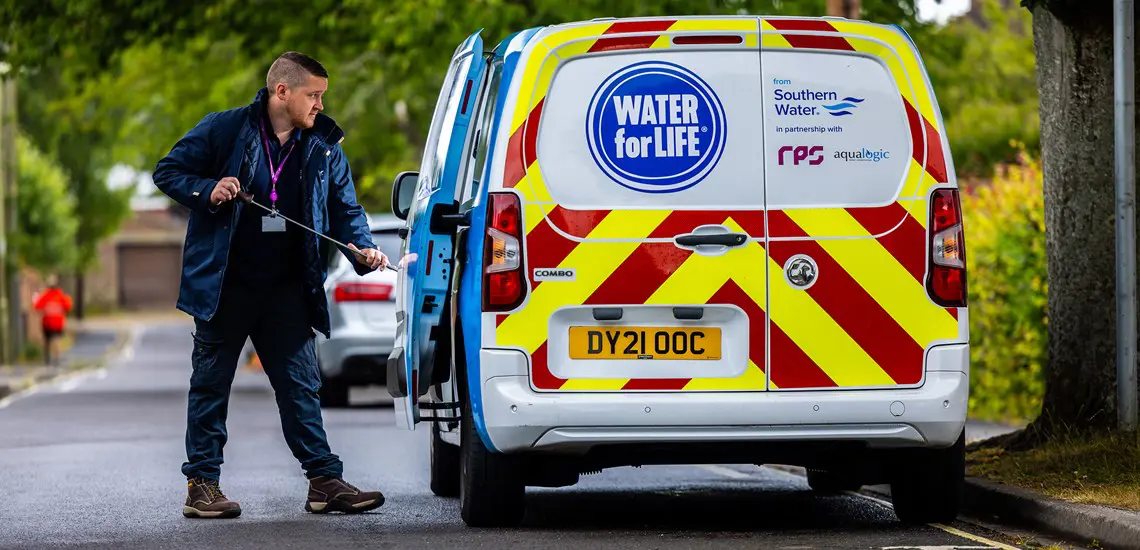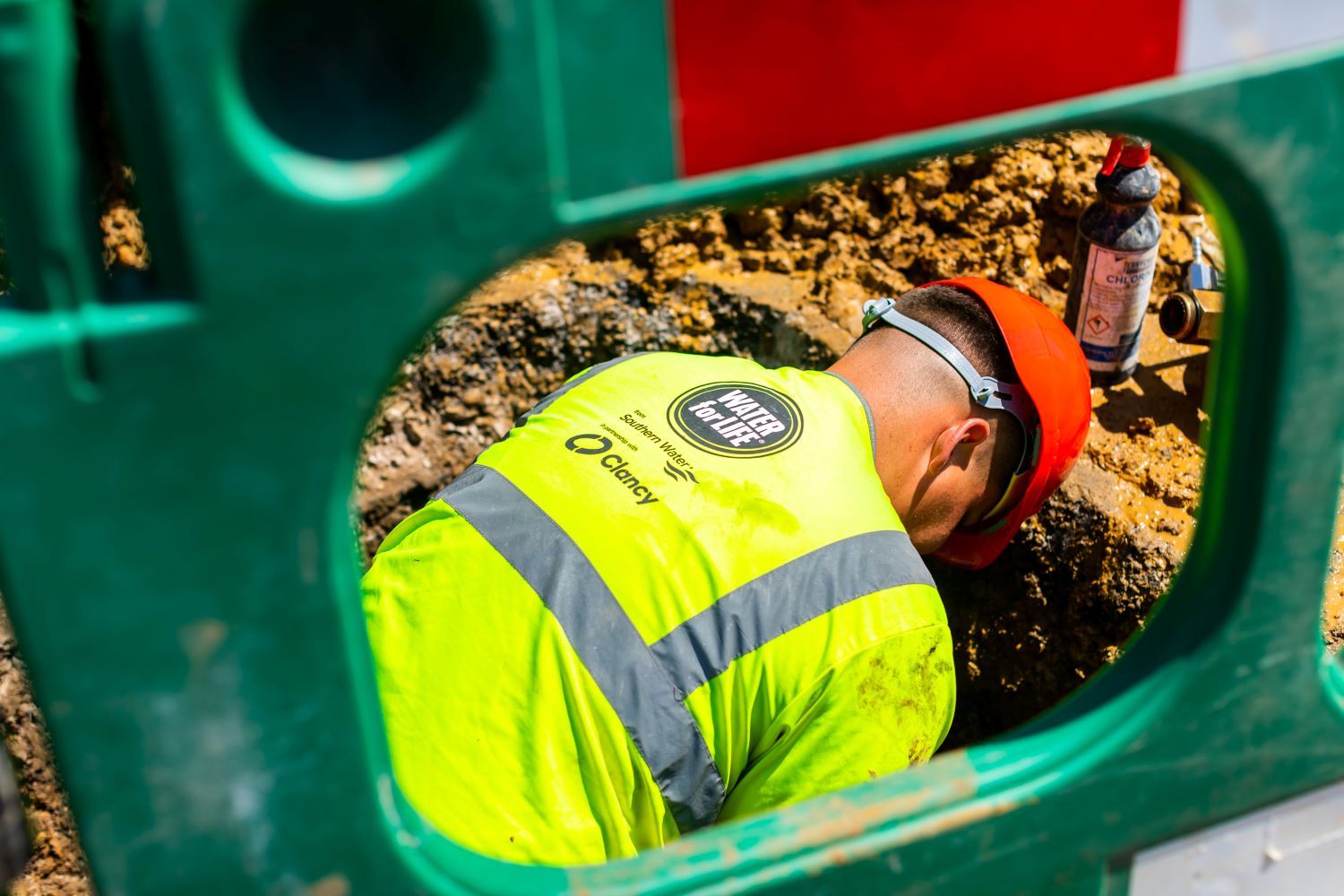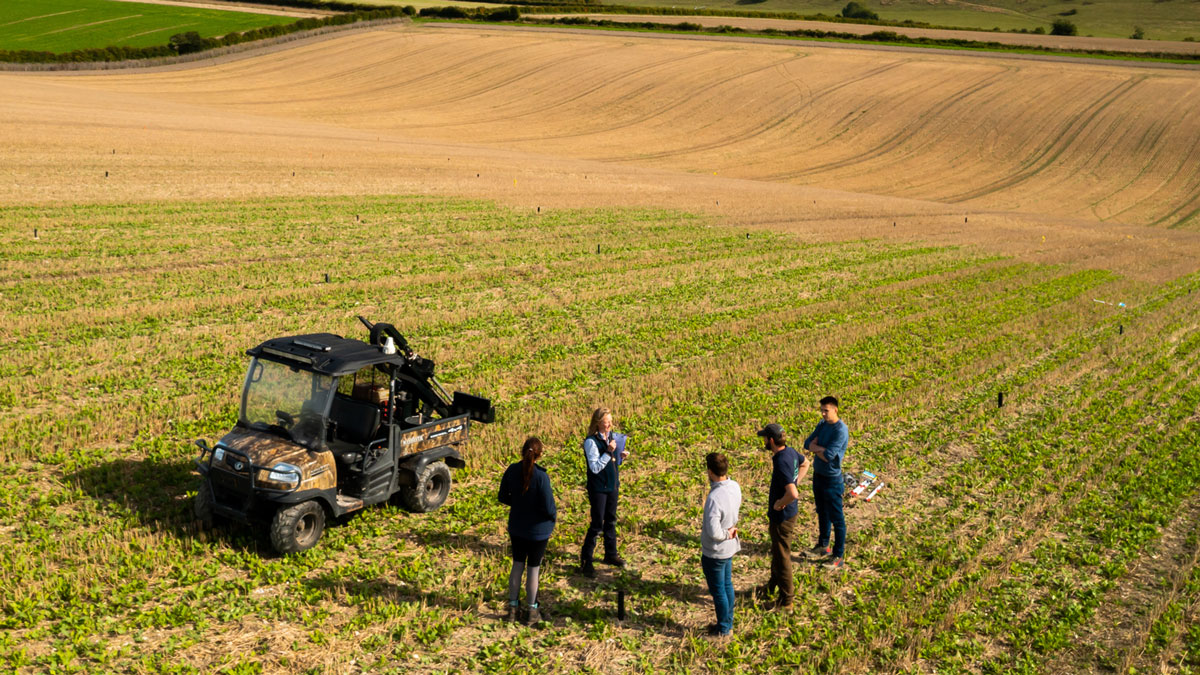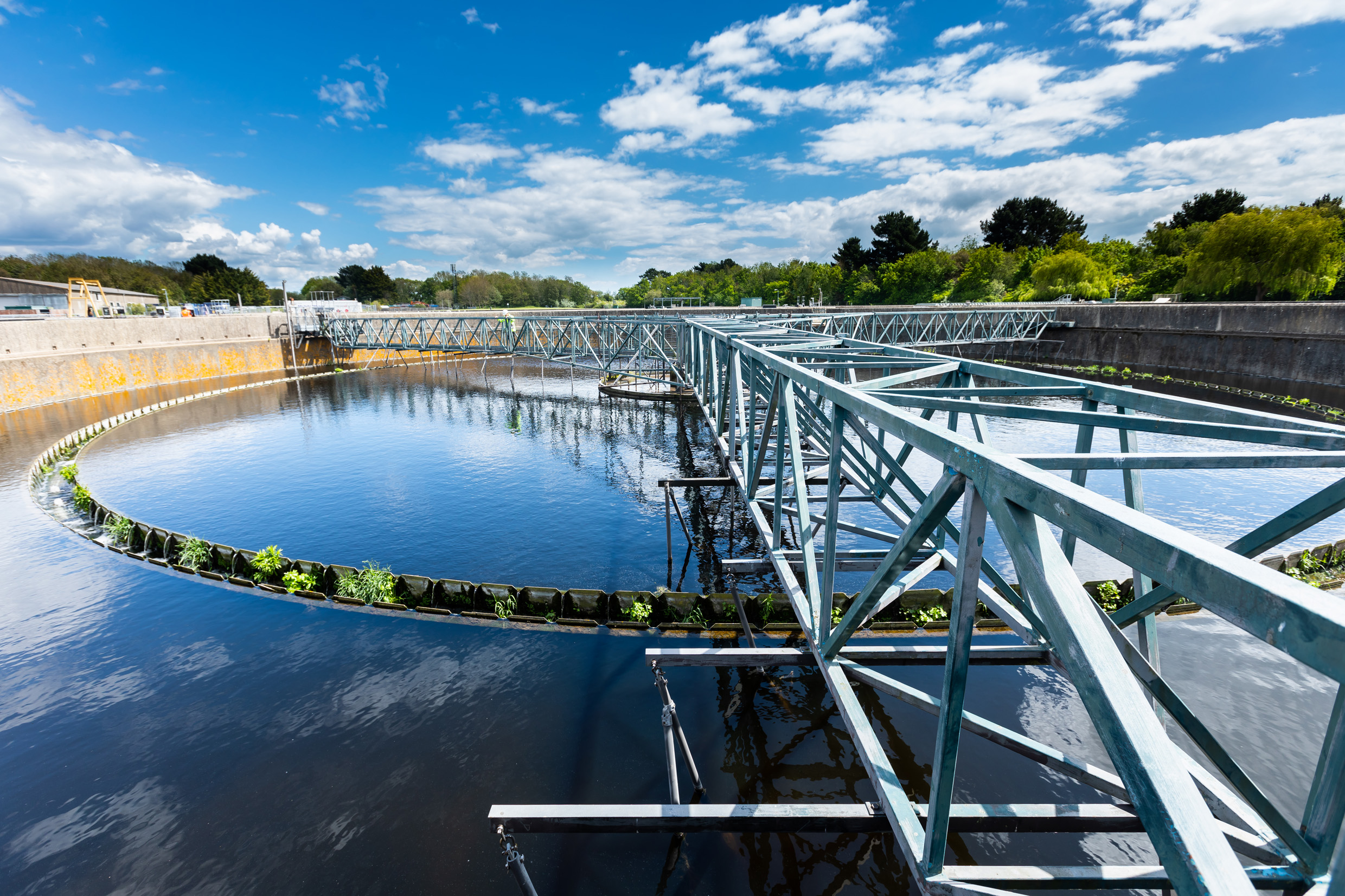Some of our online services will be unavailable today between 3pm and 10pm due to essential maintenance. We apologise for any inconvenience this may cause. Our chat services will remain available to assist with water and wastewater queries.

Hosepipe restrictions
The hosepipe ban has now been lifted. Thank you for following restrictions this summer. Customers across Hampshire and on the Isle of Wight have helped save millions of litres of water, protecting the River Test and Itchen, where most of your water comes from.
Let’s continue to work together
After an incredibly dry spring and summer, local rivers are still under pressure — despite the recent wet weather. To help them recover, we need at least 80% of the average rainfall before the end of the year, so continuing to use water wisely really will make a difference.
We're doing everything we can to protect your water supply. We’re delivering the biggest infrastructure programme in our history including the regions’ first water recycling plant and the first new reservoir in 30 years. We’re also finding and fixing leaks faster than ever using everything from smart technology to specially trained sniffer dogs.
Even though we’re heading into winter, we need to continue to work together to protect local rivers and keep taps flowing. Small changes at home can make a big difference.
We’re working hard to save water
Did you find the information you are looking for?












